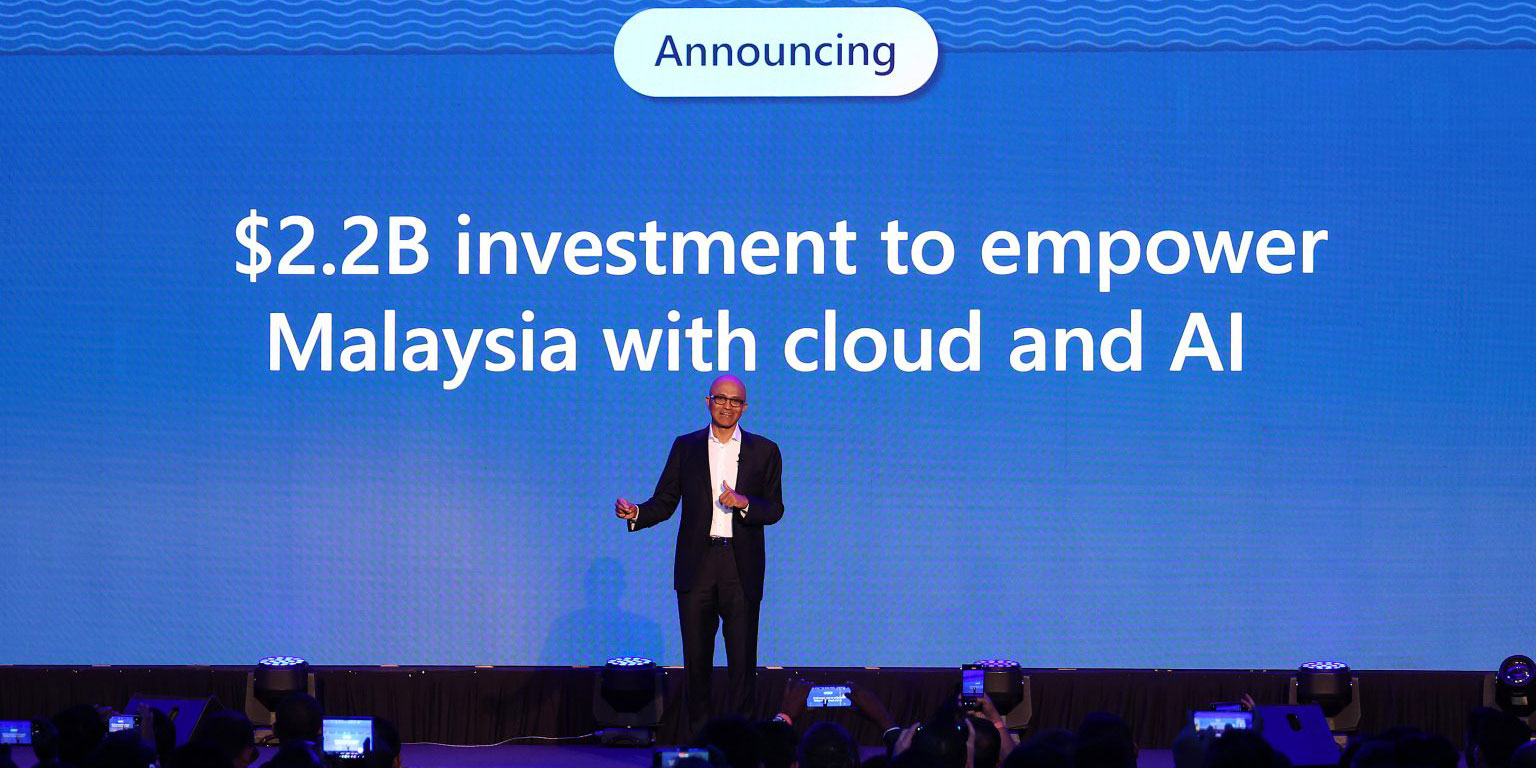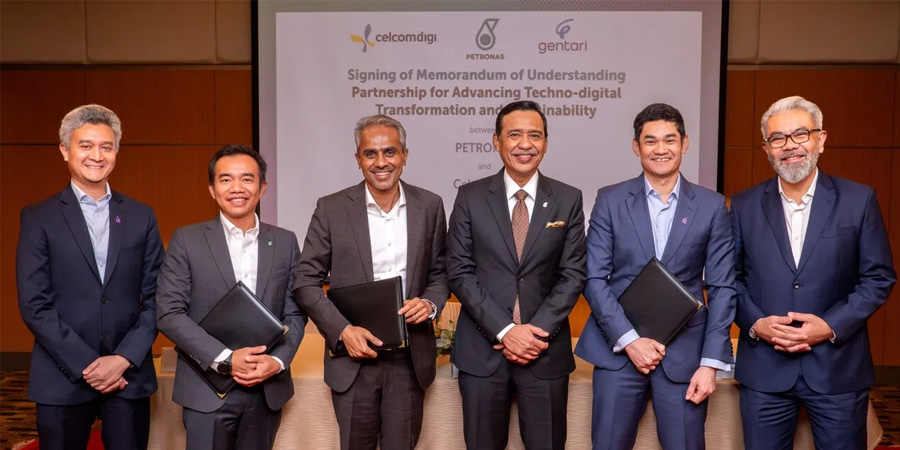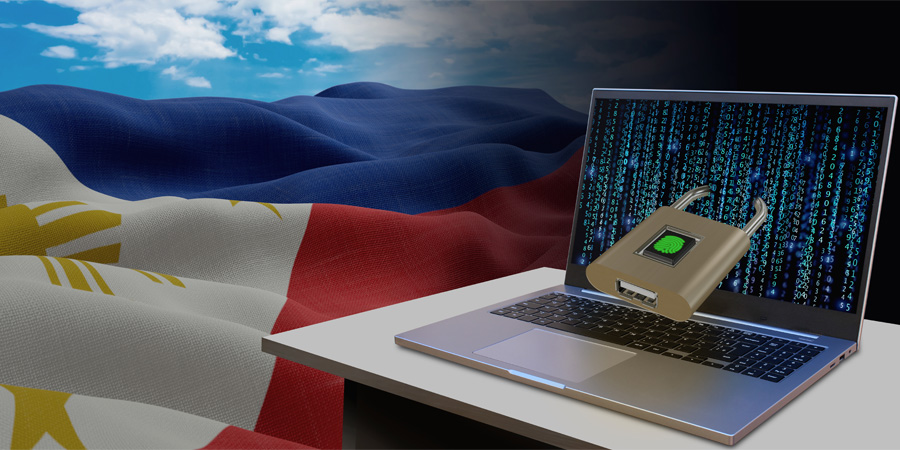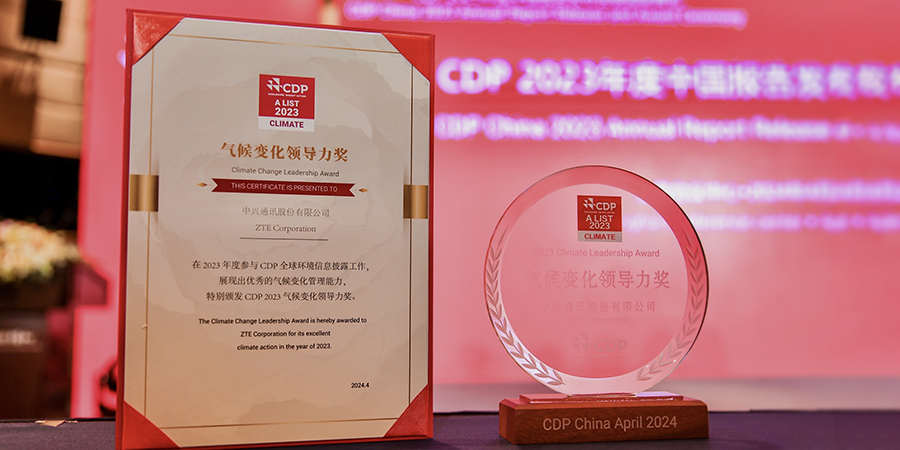India’s Department of Telecommunications (DoT) has mandated telecom operators to deactivate USSD-based call forwarding services starting April 15, aiming to combat fraud and misuse.
"It has been decided by the competent authority that all licensees shall discontinue the existing USSD-based call forwarding services with effect from 15.04.2024 till further notice," the DoT said in a recent notice.
This decision comes in response to a surge in reports of fraudsters persuading mobile phone users to activate call forwarding to different phone numbers using the USSD service, with the intention of stealing sensitive information such as one-time passwords (OTPs).
Fraudulent activities in telecommunications often involve cybercriminals exploiting vulnerabilities within call forwarding services to deceive mobile phone users and unlawfully access confidential information. One prevalent tactic employed by fraudsters is convincing unsuspecting users to enable call forwarding to alternative phone numbers via USSD commands. Once activated, these diverted calls can be used as a means to intercept sensitive data, such as one-time passwords (OTPs), intended for authentication purposes.
Mobile users typically access the USSD service by inputting specific codes on their keypads. This service is frequently utilized for tasks such as checking prepaid balances or retrieving IMEI (international mobile equipment identity) numbers. Among its functionalities, USSD allows for the activation of unconditional call forwarding services, a feature now under scrutiny by the DoT due to reported instances of misuse for illicit purposes.
The deactivation mandate issued by the DoT represents a proactive measure to disrupt such fraudulent schemes. By eliminating the option for USSD-based call forwarding, telecom operators can prevent fraudsters from leveraging this feature to perpetrate their illicit activities. This action not only safeguards the interests of mobile phone users but also reinforces the integrity of the telecommunications infrastructure.
"All existing subscribers who have activated USSD-based call forwarding services may be asked to reactivate call forwarding services through alternative methods to ensure that such services are not activated without their notice," the DoT outlined.
Overall, the mandated deactivation of USSD-based call forwarding services serves as a pivotal step in safeguarding against fraudulent practices within the telecommunications sector. By depriving fraudsters of a key tool for exploitation, the DoT's initiative contributes to the enhancement of cybersecurity and the promotion of a safer digital environment for mobile phone users and businesses alike.



















































